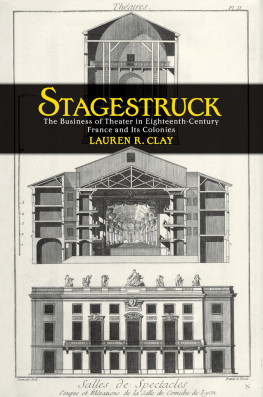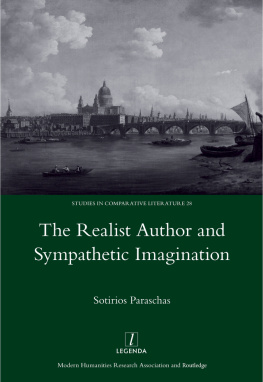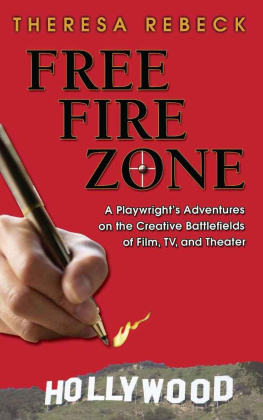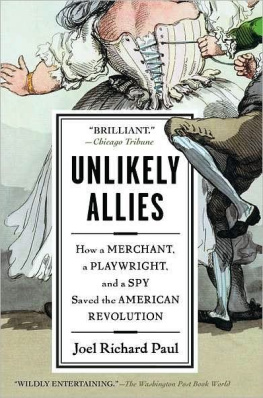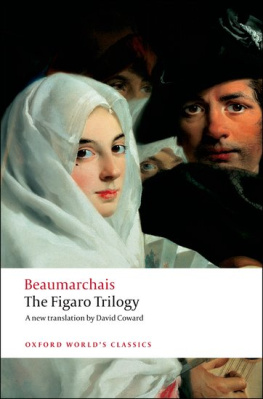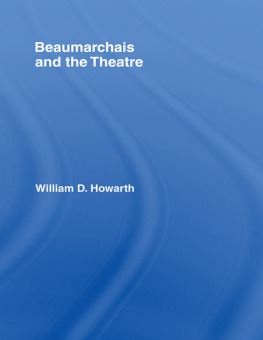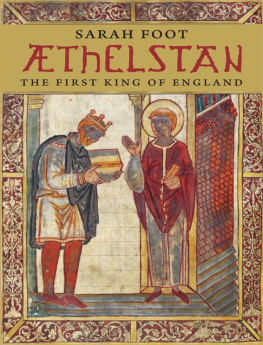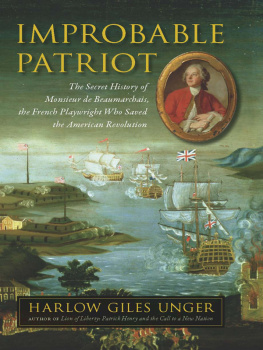LITERARY SOCIABILITY AND LITERARY PROPERTY
IN FRANCE, 17751793
Michon, Caron de Beaumarchais en buste (1784). Bibliothque Nationale de France, Dpartement des Estampes et de la Photographie, B 8687 [N2, Beaumarchais].
First published 2006 by Ashgate Publishing
Published 2016 by Routledge
2 Park Square, Milton Park, Abingdon, Oxon OX14 4RN
711 Third Avenue, New York, NY 10017
Routledge is an imprint of the Taylor & Francis Group, an informa business
Copyright Gregory S. Brown, 2006
Gregory S. Brown has asserted his moral right under the Copyright, Designs and Patents Act, 1988, to be identified as the author of this work.
All rights reserved. No part of this book may be reprinted or reproduced or utilised in any form or by any electronic, mechanical, or other means, now known or hereafter invented, including photocopying and recording, or in any information storage or retrieval system, without permission in writing from the publishers.
Notices:
Product or corporate names may be trademarks or registered trademarks, and are used only for identification and explanation without intent to infringe.
British Library Cataloguing in Publication Data
Brown, Gregory S. (Gregory Stephen)
Literary sociability and literary property in France, 17751793: Beaumarchais, the Socit des
auteurs dramatiques and the Comdie Franaise. (Studies in Euopean cultural transition)
1. Beaumarchais, Pierre Augustin Caron de, 17321799 2. Comdie-Franaise
3. Socit des auteurs et compositeurs dramatiques (France) History 4. French
drama 18th century History and criticism 5. Theater France History
18th century 6. Literature and society France History 18th century
I. Title
842.5'09
Library of Congress Cataloging-in-Publication Data
Brown, Gregory S. (Gregory Stephen)
Literary sociability and literary property in France, 17751793:
Beaumarchais, the Socit des auteurs dramatiques and the Comdie
Franaise / Gregory S. Brown.
p. cm. (Studies in European cultural transition; v. 33)
Includes bibliographical references and index.
1. Dramatists, French Societies, etc. 2. Socit des auteurs et
compositeurs dramatiques (France) 3. Comdie-Franaise.
4. Beaumarchais, Pierre Augustin Caron de, 17321799. I. Title. II. Series.
PQ22.S515B76 2006
842.006'44dc22
2005024710
Typeset in Times New Roman by IML Typographers, Birkenhead, Merseyside
ISBN 9780754603863 (hbk)
Contents
The European dimension of research in the humanities has come into sharp focus over recent years, producing scholarship which ranges across disciplines and national boundaries. This series provides a major channel for this work and unites the field of cultural studies and traditional scholarship. It will publish in the areas of European history and literature, art history, archaeology, language and translation studies, political, cultural and gay studies, music, psychology, sociology and philosophy. The emphasis is explicitly European and interdisciplinary, concentrating attention on the relativity of cultural perspectives, with a particular interest in issues of cultural transition.
Martin Stannard
Greg Walker
University of Leicester
This book should be read as a companion to my earlier work on the status and identity of playwrights in eighteenth-century French literary life, A Field of Honor: Writers, Court Culture and Public Theater in French Literary Life from Racine to the Revolution. That work focused on individual writers various strategies of self-fashioning as they sought to become associated publicly with the Comdie Franaise and through it, achieve legitimacy before a series of publics ranging from the court, to Parisian elites, to the growing commercial public that attended theater and read the press. This book, in distinction, studies the efforts of a group of writers, though led by a particularly interesting individual; instead of a focus on their strategies of self-representation, it focuses on their internal relationships within the Society of Dramatic Authors (SAD) and on the broader theme of sociability. Although this book appears after A Field of Honor, the works draw on similar sources, were written more or less simultaneously, and are intended to complement each other. I have indicated in the footnotes those instances where A Field of Honor goes farther in depth about topics addressed here.
This book brings to an end more than 10 years of research on eighteenth-century playwrights, during which time I accrued many intellectual and personal debts, which I am pleased to have a chance to acknowledge here. My interest on this topic began in graduate school, under the supervision of Isser Woloch, and over the course of many years of work on this project, I have continued to benefit from his guidance as well as that of, inter alios, Priscilla Ferguson, Martine de Rougemont, Robert Darnton, Roger Chartier, Alain Viala, Christian Jouhaud, Daniel Roche, Pierre Frantz, and Jack Censer. I remain deeply indebted, intellectually, professionally and personally, to each, and am honored to have enjoyed their insights and warmth. Donald C. Spinelli, Nolle Guibert, Jacqueline Razganikoff, Alice de Beaumarchais, Jacques Boncompain, and Florence Roth allowed me access to or provided copies of archival documents, without which this book would not have been possible. The financial support provided by Columbia University and the University of Nevada, Las Vegas, enabled me to travel to consult those documents.
Among those who have been my strongest supporters and closest confidants, I would particularly like to thank the following who provided input directly on this manuscript: Mark Darlow, Dena Goodman, Nira Kaplan, Antoine Lilti, Robert Nemes, Geoffrey Turnovsky, Stphane Van Damme, and Ccile Vidale, and the anonymous reader for Ashgate. A special thanks to three groups of scholars who discussed earlier versions and provided helpful and consistent guidance in Paris, the Groupe de recherche interdisciplinaire sur lhistoire du littraire (once more, I thank Antoine Lilti and Stphane Van Damme); in Washington, an informal group of early modernists who discussed our respective manuscripts (Megan Armstrong, Hilary Bernstein, Michael Breen, Sara Chapman, Jim Collins and Mack Holt); and in Las Vegas, the History Department faculty seminar (with special thanks to Colin Loader and David Tanenhaus). Jonathon Foster provided consistently diligent and thorough research assistance and editorial support. I would especially like to acknowledge the support and careful readings so freely given by Jeffrey Ravel, who first suggested that I produce a second book from my original project. That would not have been possible without the vision, encouragement and almost endless patience of my editor, Erika Gaffney.
Finally, among those far too numerous to mention whose encouragement, support and love have made it possible to complete this book, I would like to thank, once again, my family Gloria and Ashley Brown, Deborah Brown, Jefrey Polock, Joel Schwartz, all of whom have been with me since the first stages of this book. In closing, Id like to dedicate this work to someone who came into my life in the latter stages of completing this book but whose presence has greatly enhanced not only this project but every aspect of my existence, Jessica.


